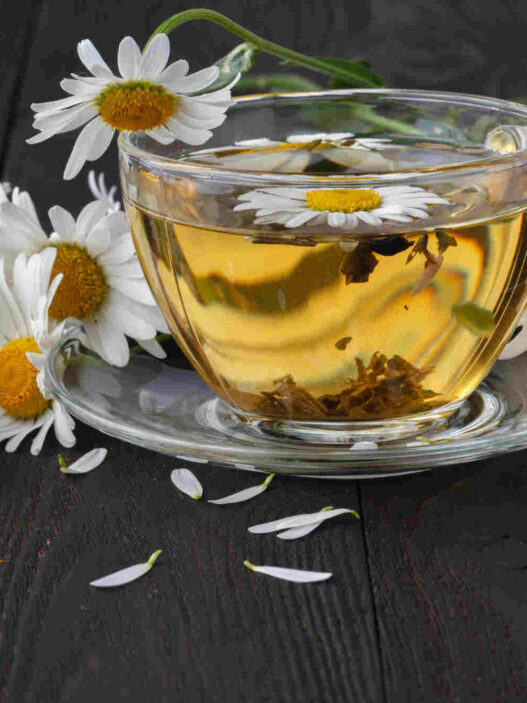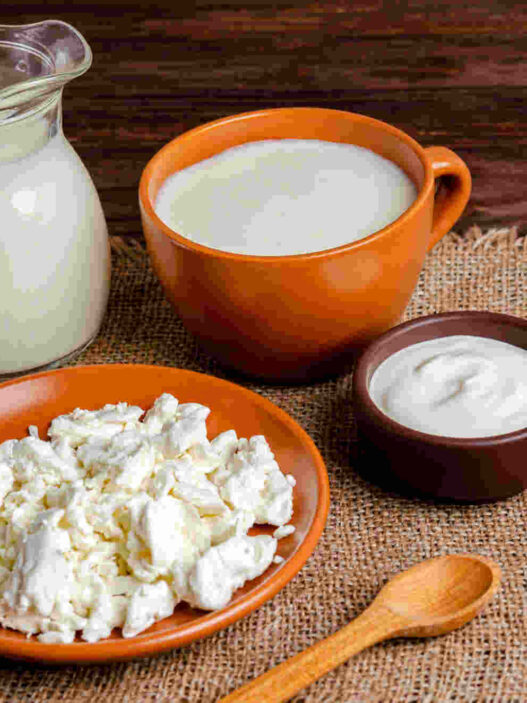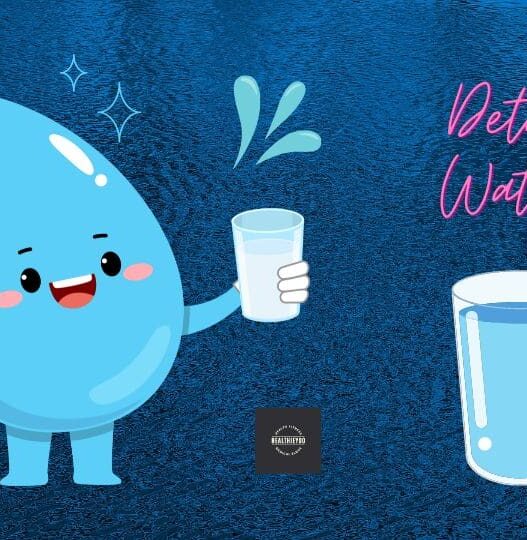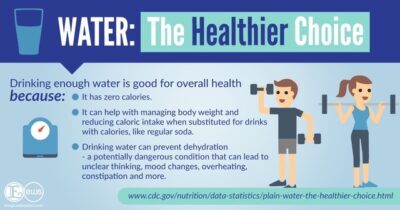Alcohol is a topic that resonates in many ways with millions of people worldwide. As the holiday season approaches, it’s a subject of much debate between those who enjoy a drink or two and those who aren’t drinking at all. But what about people who enjoy alcohol occasionally, with moderation? Check out why moderation matters.
With the year winding down, it’s perhaps a timely moment to read more about this subject and delve into the most critical aspects of occasional alcohol consumption. So, let’s begin and equip you with knowledge that will help you make thoughtful decisions regarding your interaction with alcohol.
The Bad Side of Alcohol
While it’s true that many enjoy the occasional drink, it’s essential to understand the less glamorous aspects of alcohol consumption as well. Even though alcohol can make you relax and fit in socially, it comes with its drawbacks, beginning from the very moment it touches your lips.
The Toxic Truth
There’s no way around it; alcohol is fundamentally a toxin and its short-lived euphoria often gives way to unpleasant consequences, especially if you are no stranger to confrontations. This is why it’s essential to be aware of its adverse effects on your well-being.
Your Brain on Alcohol
Believe it or not, even small amounts of alcohol can shrink your brain cortex and damage neurons. This isn’t just about brain matter but about the connections that drive your cognitive abilities and how they can affect your daily life.
Quantity Matters
Whether you have a daily drink or just indulge on weekends, it all adds up. It’s vital to recognize that even seemingly harmless amounts can negatively impact your health later on.
Liver Load
The fact that alcohol has no nutritional value doesn’t change the vulnerability of your liver. The damage that alcohol can do to your liver can lead to horrible conditions like cirrhosis. When you’re feeling a bit tipsy or you’re simply drunk, alcohol can disrupt your neural pathways.
Beyond the Buzz
Although you might enjoy the way you feel when you drink, it’s important to note that alcohol impairs both mental and physical performance. It also affects your prefrontal cortex and messes with your memory in the most unpredictable ways possible, especially if you drink too much.
Individual Differences
People have different tolerances for alcohol, which is often due to genetics. Some can handle a few drinks; others get intoxicated quickly. So, understanding your tolerance will help you make responsible choices about alcohol.
The Good Side of Alcohol
Understanding the drawbacks of even moderate drinking highlights how they pale compared to the consequences of excessive alcohol consumption. With this perspective, it’s compelling to explore the potential benefits that can accompany alcohol when it is consumed with restraint.
Let’s delve into some of the advantages of moderate alcohol consumption.
Healthy Heart
Moderate alcohol consumption may have a positive impact on heart health. A small daily intake of alcohol, particularly red wine, might help you have a healthier heart and potentially even a longer life.
Longevity
Moderate drinking, usually defined as up to one drink per day, has been associated with increased life expectancy. So, if you’re responsible for alcohol consumption, you might have a longer, healthier life.
Reduced Risk of Certain Health Conditions
Did you know moderate alcohol intake might be associated with a lower risk of specific health conditions? This includes a potential decrease in the risk of type 2 diabetes, gallstones, and ischemic strokes.
Social and Psychological Benefits
In social settings, a small drink can serve as the social lubricant that helps you make connections and feel relaxed. This can be extremely helpful in some stressful situations or if you’re uncomfortable socializing in general. So, some people find that moderate drinking helps reduce their stress and anxiety, which naturally leads to improved psychological well-being.
Antioxidant Properties
Red wine, in particular, contains antioxidants like resveratrol, which may have potential health benefits. These antioxidants can help combat oxidative stress in your body and have other minor positive effects.
What About Binge Drinking?
So, now you know all about the good and the bad side of drinking alcohol in moderation. You’re probably wondering what will happen to your body if you start binge drinking. Well, let’s see what can you expect!
Binge drinking is when you devour large quantities of alcohol in a short period, usually with the intent of getting heavily intoxicated. So, it’s about drinking as much as possible as quickly as you can.
Immediate Health Risk
As you probably guessed by now, binge drinking can cause some problems for you, such as:
- Alcohol poisoning
- Accidents
- Injuries
When you consume too much alcohol too quickly, your body struggles to process it, which leads to these immediate risks. Knowing the dangers is essential to stay safe.
Long-Term Consequences
Beyond these immediate risks, frequent binge drinking can lead to some severe health problems, including:
- Liver disease
- Heart issues
- Addiction
The impacts are not just short-term. They can affect your well-being in the long run as well.
Strategies for Responsible Drinking
Responsible drinking is critical for preserving your physical and mental health while indulging in the occasional alcoholic beverage. Let’s explore responsible drinking strategies to navigate away from the menace of binge drinking:
- One practical starting point is to predetermine a strict limit on the quantity of drinks you intend to have during any social outing. Establishing this definite boundary acts as a personal checkpoint, critically averting the likelihood of overconsumption.
- Furthermore, it’s advisable to moderate your drinking tempo. Take the time to relish your beverages, appreciating each sip and the array of flavors. This leisurely pace isn’t solely about enjoyment; it also grants your body the necessary interval to metabolize the alcohol efficiently.
- An additional savvy tactic is alternating between alcoholic and non-alcoholic beverages. Intermingling your drinks with water, soda, or creatively crafted mocktails not only paces your alcohol consumption but also keeps you hydrated, which is often overlooked.
Conclusion – Finding Balance
So, as you wrap up this journey through the intricacies of alcohol consumption, one thing should be crystal clear – balance is the key. After all, alcohol is a complex elixir that can potentially sway both in your favor and against you.
Moderate drinking hints at potential benefits and even offers a glimpse into improved health and extended lifespans. But, like any delicate dance, it’s a fine line to tread. Conversely, the dark shadow of binge drinking looms large and brings immediate and long-term consequences.
So, raise your glass to health-conscious decisions and the promise of a brighter, balanced tomorrow.
Here’s to cheers that ring with wisdom and lead to your well-being!
Disclosure – This is an external post and the views expressed are of the sponsor/author/third party and not of Healthieyoo’s editorial team. We disclaim any and all liability to any party, company, or product for any direct, indirect, implied, punitive, special, incidental, or consequential damages arising either directly or indirectly due to the use of content published in this article. The publishers of this website take no responsibility for any health issues, personal injury, death, disability, or any other harm due to the content on our website or any advice or opinion expressed on our website. Please consult your healthcare professional before making any decision related to your health. Please also read our medical disclaimer”.
This is a sponsored post and the views expressed are of the sponsor/author/third party and not of Healthieyoo’s editorial team. Please read our editorial policy, affiliate disclosure, and medical disclaimer.











